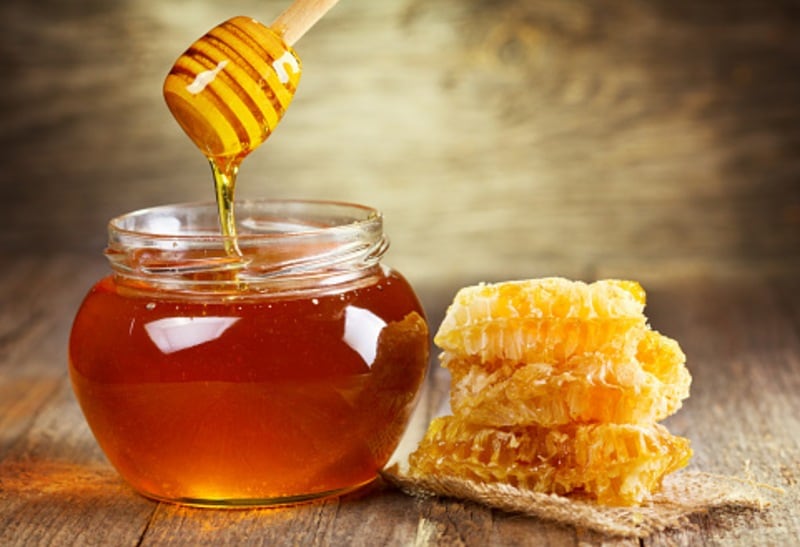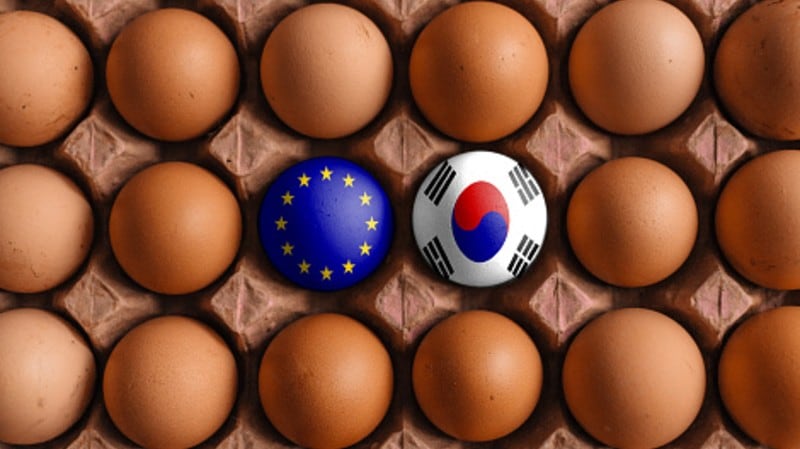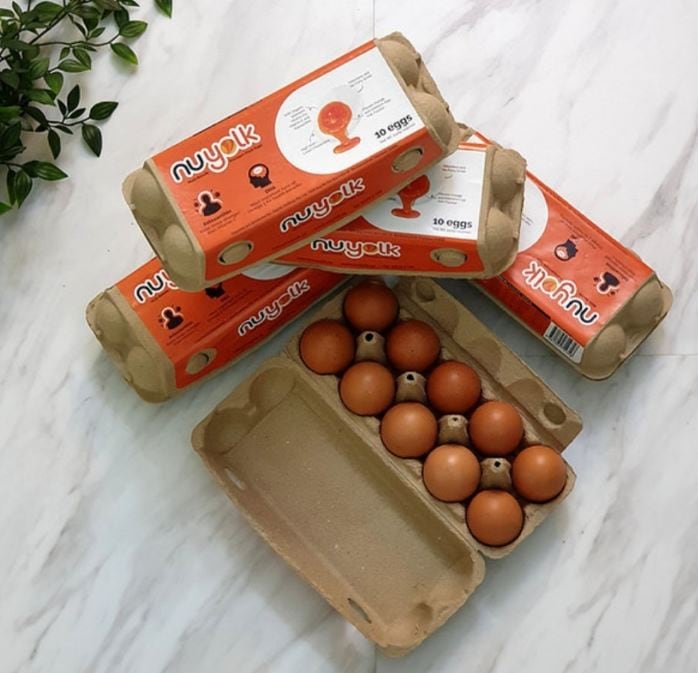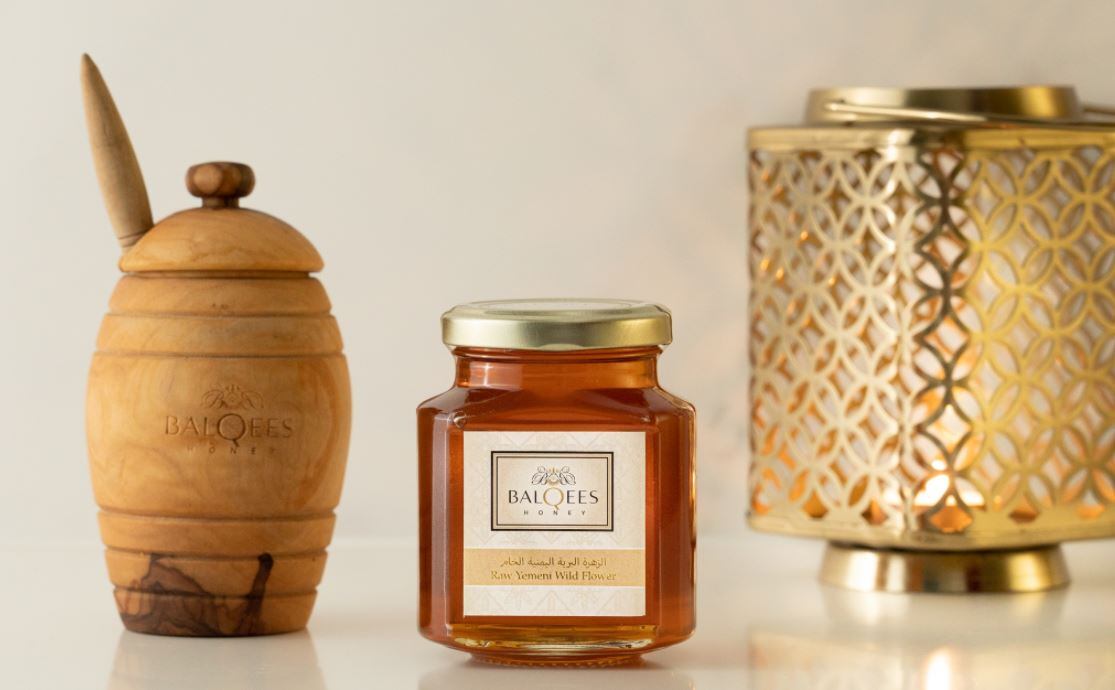The honey exports business is a significant one in Australia, worth some A$100mn (US$75.3mn) and with some 4,500 tonnes exported yearly, and the Australian branding is a significant attractive driver for sales in many of its export destinations.
This makes the ability to ascertain the origins and provenance of the honey ever more important for honey firms and brands, and according to researchers from national research institute CSIRO, DNA technology can provide honey with unique fingerprints allowing for just that.
“The technology itself, DNA metabarcoding, is not new, but what we have done is use two specific genetic markers with good taxonomic resolution (allowing clearer species identification) so we were able to identify the DNA from pollen in the honey down to specific bioregions,” CSIRO research scientist Dr Francisco Encinas-Viso told FoodNavigator-Asia.
“We were able to identify that 15 samples of honey we analysed came from six different bioregions across eastern and western Australia.”
Bioregions are geographical regions defined by environmental and ecological features, e.g. the types of plants available in the region for bees to forage on, collect pollen and use this to produce honey.
Importantly, this allows for the analysed honey to be traced back to its bioregion of geographical origin, providing provenance and traceability capabilities for honey firms looking for such a feature to increase consumer appeal for their honey.
“One of the main reasons we started looking into this was because there was a lot of interest from industry in certifying that their honey was Australian-made, using nectar from local plants,” said Dr Encinas-Viso.
“This technology can definitely help with the certification of Australian branding, which can in turn help with boosting the export of Australian honey.
“This is especially so if firms opt to do the test before any bottling, processing or blending is done to the honey as the signals will be higher – filtration, processing or heating can sometimes interfere with the DNA and cause degradation. That’s not to say that this cannot be used for processed honey, of course, but the best results will be with pre-processed samples.”
DNA barcode library
He added that at present the researchers are using a reference database with plant pollen DNA samples from various sources including the Australian National Herbarium, but CSIRO is also working on a large-scale DNA barcode library for all of Australia’s half a million plant and animal species, which will allow this technology to work even better.
“A larger sample database will make it easier to improve DNA testing for honey [and potentially] reduce the geographical range we can ascertain for the sample,” he said.
“With the larger database, we are also looking to in future develop a DNA kit of sorts for the industry to do honey testing.”
For now, all honey traceability testing via this DNA metabarcoding will go through Dr Encinas-Viso’s lab.
“What is for sure is that this method can provide much faster results than the traditional method of using microscopy to identify pollen in honey, which is complicated, time-consuming, and usually cannot identify the plants to the level of what species it is from,” he added.
“This DNA metabarcoding method offers a faster, accurate way to track honey provenance and get the main sources of plants the honey is made from.”





